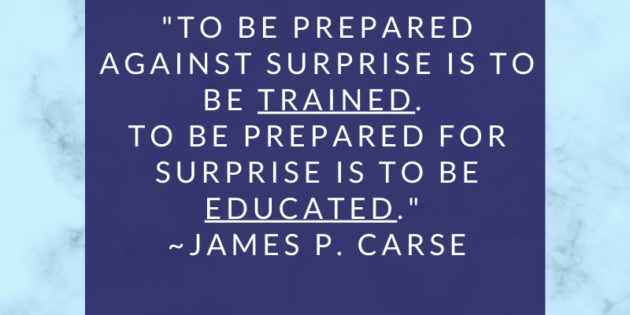Growing up in the world of sport, I was very familiar with one type of game. However, switching in to the world of work and life, I quickly discovered there were other forces at play. Over time the world presented many ideas and one day I came across the work of Dr James P. Carse and his concept of finite and infinite games.
What Is a Finite and Infinite Game?
As indicated, this concept comes from Dr James P. Carse. In his book Finite and Infinite Games (1986), Carse writes –
“There are at least two types of games. One could be called finite, the other infinite. A finite game is played for the purpose of winning, an infinite game for the purpose of continuing to play.” (p.3).
Knowing the difference between these two games has helped me untangle from unhelpful thinking patterns and conditioning (although I have referred to them as (abundance and lack previously as well as enoughness and scarcity).
Some Characteristics of Finite Games –
Sport is a finite game. Some of the characteristics of a finite game include –
- there is a winner (and a ‘loser’),
- has a beginning (i.e. the start of the game) and an end point (i.e. the end of the match or game),
- the game has players who choose to play the game,
- it is externally defined (i.e. a governance, rules of play etc), and
- there are rules and spatial and numerical boundaries within the game.
Some Characteristics of Infinite Games –
Life is an infinite game. Some of the characteristics of an infinite game include –
- infinite players do not know when their game started (and do not care),
- the game is not bounded by time,
- purpose is to keep everyone in the game,
- there are no spatial and numerical boundaries within an infinite game, and
- everyone can play in the game if they choose to.
Similarities Between Finite and Infinite Games –
According to Carse, there is only one similarity between a finite and infinite game. He writes –
“In one respect, but only one, an infinite game is identical to a finite game: Of infinite players we can also say that is they play they play freely; if they must play, they cannot play. Otherwise, infinite play and finite play stand in the sharpest possible contrast.” (p.5).
Over to You…
Now we know what finite and infinite games are, what type of game are you playing in? Are you playing more in the finite or infinite space? Or maybe a combination of both? So the key question is how do we play to succeed in the game we’re in? And that is something I have been investigating for many years, so will leave for another day.
Reference –
Carse, J. (1986). Finite and Infinite Games. New York, USA: The Free Press.













Leave A Response